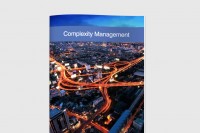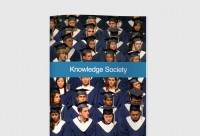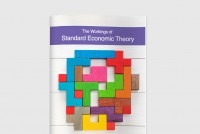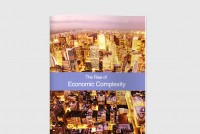Inclusive Economy
Inclusivity is an inherent part of achieving sustainability. To be sustainable a system has to be open to and harness all of the resources available to it. To effectively manage a complex system requires harnessing the distributed capabilities of its members. No one individual or one organization can achieve sustainable solutions on their own, it requires a broad base of engagement and inclusive systems of organization to achieve that.
Whereas inclusive is the glue that binds people and economies together into an effective and sustainable integrated system, inequality is what pulls them apart. As our world becomes more interconnected it becomes more apparent to all the sheer degree of inequality that has arisen and without alternative solitons these inequalities that divide nations and people are increasingly presenting pathways for division and disaster spreading. The threat of social exclusion; the notion that these chasms of inequality might erupt into social unrest is today widely articulated.
The neoliberal economic agenda that drove economic development during the past few decades has lead to growing inequality within many nations, a topic that was once largely overlooked by the mainstream has today moved to the forefront of media attention and people’s concerns. Today with extreme forms of inequality prevalent on the global level the need for an inclusive form of economic development is a readily identifiable challenge to achieving any form of sustainable global economy in the future.
Publish Date: 4-1-2017
Length: 12 pages
Type: Environment Insight










